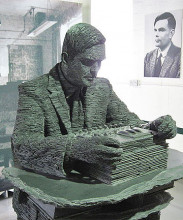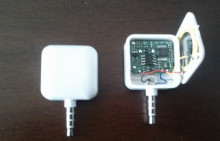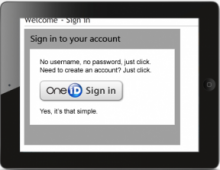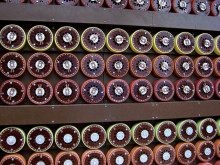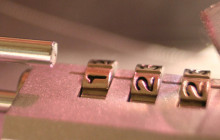Alan Turing - The code-cracker who changed world
Plans are being laid around the world for Alan Turing's centenary celebration, and University of Canterbury professor Jack Copeland is doing his part to honour the father of modern computing.
Copeland is compiling information for exhibits at the Bletchley Park museum in England that will be dedicated to Turing. Bletchley Park was where Turing worked to break German communication codes during World War II.














































